A team of researchers has won funding from the US Air Force Office of Scientific Research to address the challenges posed by silicon spin qubits.
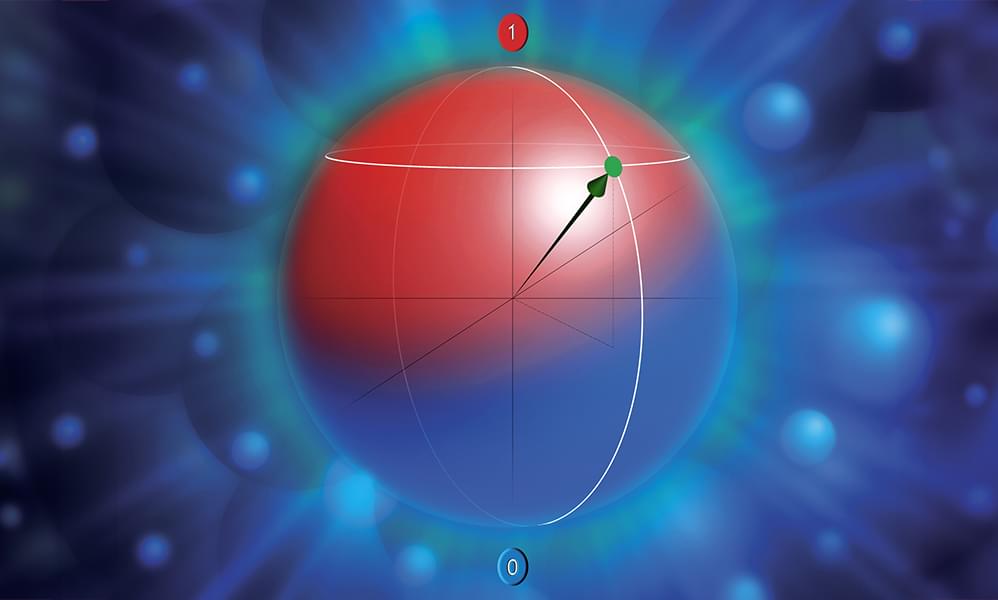

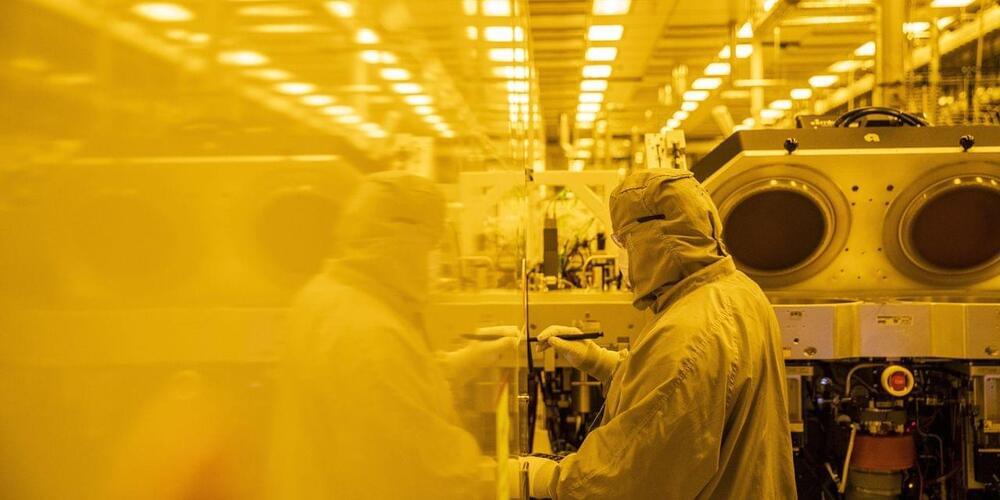
The U.S. government is giving chip maker GlobalFoundries $1.5 billion in grants to build and expand facilities in New York and Vermont, the first major award in a program that aims to reinvigorate domestic chip production.
The award from the Commerce Department kicks off what is expected to be a series of cash injections into semiconductor manufacturing projects in Arizona, Texas, New York and Ohio in the coming weeks. Chip makers Intel, Taiwan Semiconductor Manufacturing, Samsung Electronics and Micron Technology have all submitted applications for the government to cover a portion of the billions of dollars it costs to build cutting-edge factories.
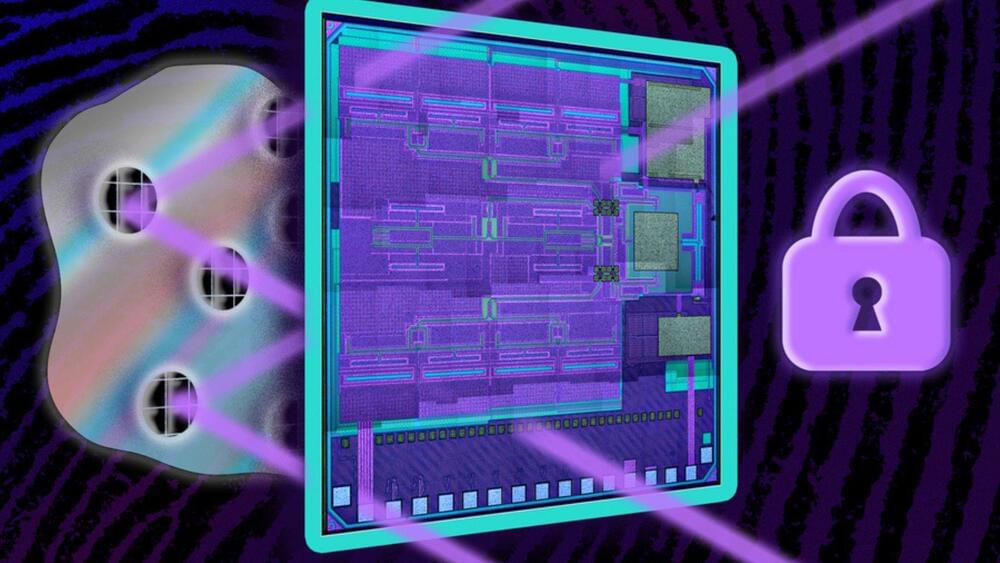
RFID tags are commonly used to verify the authenticity of products, but they have some drawbacks. They are relatively large, expensive, and vulnerable to counterfeiting. A team of MIT engineers has developed a new type of ID tag that overcomes these limitations by using terahertz waves, which are smaller and faster than radio waves.
The new tag is a cryptographic chip several times smaller and cheaper than RFID tags. It also offers improved security, using the unique pattern of metal particles in the glue that attaches the tag to the item as a fingerprint. This way, the authentication system will detect tampering if someone tries to peel off the tag and stick it to a fake item.
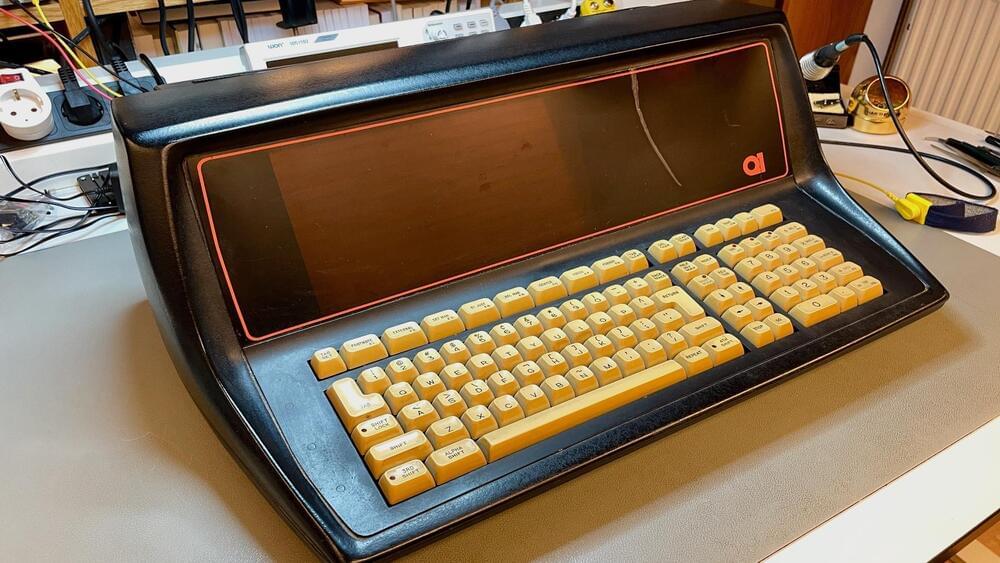
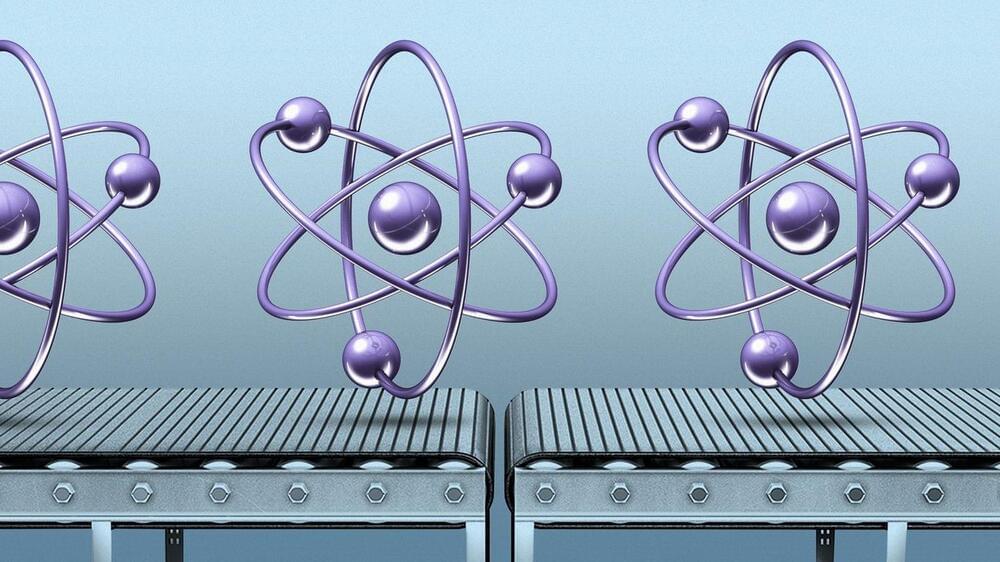
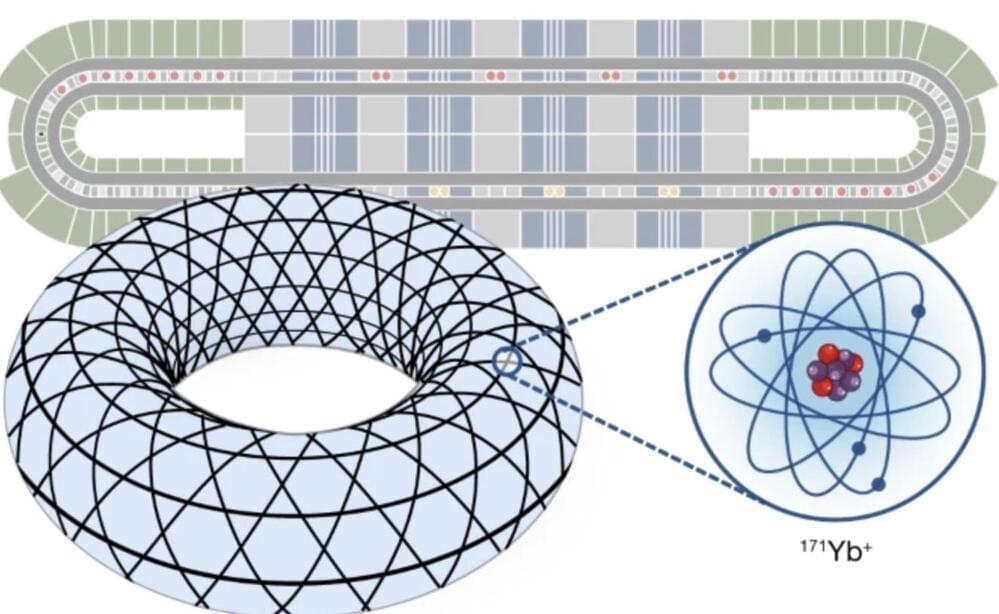
Last year, a Quantinuum-led team of scientists announced that they were able to realize and control a state of matter known as non-Abelian topological order within a quantum processor. The team published their results in the pre-print server ArXiv, outlining how they accomplished what many experts considered a far-off advance — if possible at all – and what the scientists hoped could be an advance toward revolutionizing the way we approach quantum computing.
That advance has now been officially peer reviewed in Nature, marking another important step in the scientific process – and maybe even a significant step in the quest for fault-tolerant quantum computers, a quantum device that could handle operations with unprecedented accuracy and efficiency.
“Our key finding is that non-Abelian topological orders can experimentally be prepared with high fidelities on par with Abelian states like the surface code,” the team writes. “Non-Abelian states are among the most intricately entangled quantum states theoretically known to exist, and carry promise for new types of quantum information processing. Their realization evidences the rapid development of quantum devices and opens several new questions.”
In this study, a novel rapid diagnostic method was developed for optimizing the production of transplutonium isotope through high flux reactor irradiation. The proposed method was based on the concept of “Single Energy Interval Value (SEIV)” and “Energy Spectrum Total Value (ESTV)”, which significantly improved the production efficiency of isotopes such as 252Cf (by 15.08 times), 244Cm (by 65.20 times), 242Cm (by 11.98 times), and 238Pu (by 7.41 times). As a promising alternative to the traditional Monte Carlo burnup calculation method, this method offers a more efficient approach to evaluate radiation schemes and optimize the design parameters. The research discovery provides a theoretical basis for further refining the analysis of transplutonium isotope production, leading to more efficient and sustainable production methods. Future studies could focus on the implementation of energy spectrum conversion technology to further improve the optimal energy spectrum.
The production of transplutonium isotope, which are essential in numerous fields such as military and space technology, remains inefficient despite being produced through irradiation in a high flux reactor. Past studies on the optimization of transplutonium isotope production through irradiation in a high flux reactor have been limited by the computational complexity of traditional methods such as Monte Carlo burnup calculation. These limitations have hindered the refinement of the evaluation, screening, and optimization of the irradiation schemes. Hence, this research aimed to develop a rapid diagnostic method for evaluating radiation schemes that can improve the production efficiency of isotopes such as 252Cf, 244Cm, 242Cm, and 238Pu. The outcome of the study showed great potential in advancing the production of transplutonium isotope, which have numerous applications in fields such as military, energy, and space technology.
The limited production rate of transplutonium isotopes poses a significant challenge in meeting the growing demand for sustaining the nuclear industry (i.e. energy and military). This research provides a sustainable solution to improve the efficiency of transplutonium isotope production through a novel rapid diagnostic method. Thus, it fulfils UNSDG 7 (Affordable and Clean Energy) by providing a sustainable source of energy, as well as UNSDG 9 (Industry, Innovation and Infrastructure) by promoting technological innovation in the nuclear industry, especially for military use.

Sept 22 2016.
An atom is about 10^−10 m in size.
The next smallest thing in nature is the nucleus, which is about 100,000 times smaller, i.e., 10^−15 m in size — a femtometer, or “fermi.” A nucleus is composed of protons and neutrons (i.e., “nucleons”), which we now know are composed of 3 quarks, which are bound (“glued”) together by massless (photon-like) particles called “gluons.”
Hence if one wanted to start thinking about a possible femtotech, one would probably need to start looking at how quarks and gluons behave, and see if these behaviors might be manipulated in such a way as to create a technology, i.e., computation and engineering (building stuff).

Sarcasm, a complex linguistic phenomenon often found in online communication, often serves as a means to express deep-seated opinions or emotions in a particular manner that can be in some sense witty, passive-aggressive, or more often than not demeaning or ridiculing to the person being addressed. Recognizing sarcasm in the written word is crucial for understanding the true intent behind a given statement, particularly when we are considering social media or online customer reviews.
While spotting that someone is being sarcastic in the offline world is usually fairly easy given facial expression, body language and other indicators, it is harder to decipher sarcasm in online text. New work published in the International Journal of Wireless and Mobile Computing hopes to meet this challenge. Geeta Abakash Sahu and Manoj Hudnurkar of the Symbiosis International University in Pune, India, have developed an advanced sarcasm detection model aimed at accurately identifying sarcastic remarks in digital conversations, a task crucial for understanding the true intent behind online statements.
The team’s model comprises four main phases. It begins with text pre-processing, which involves filtering out common, or “noise,” words such as “the,” “it,” and “and.” It then breaks down the text into smaller units. To address the challenge of dealing with a large number of features, the team used optimal feature selection techniques to ensure the model’s efficiency by prioritizing only the most relevant features. Features indicative of sarcasm, such as information gain, chi-square, mutual information, and symmetrical uncertainty, are then extracted from this pre-processed data by the algorithm.

And it’s also about seven times the price of the Quest 3, Meta’s current answer to the Vision Pro. It’s not as flashy as the Vision Pro, but right now you can do a lot more with it. Meta CEO Mark Zuckerberg was eager to point that out in his impromptu review of Apple’s headset. Meta’s strategy is focusing on what you can do now, and doing that gives people a reason to stick around. If they stick around, they’ve inherently bought into your idea of the future.
It’s too early to say how Apple’s tried-and-true approach will pan out. But a common complaint I’ve seen from Vision Pro buyers is they don’t know what to do with it besides watch movies. It’s also too early to say whether Meta glasses users will stick around long term. (They certainly didn’t for the Ray-Ban Stories.) But we do know one thing: at the end of his Vision Pro review, Zuckerberg said the Ray-Ban Meta Smart Glasses sales have far exceeded his hopes.